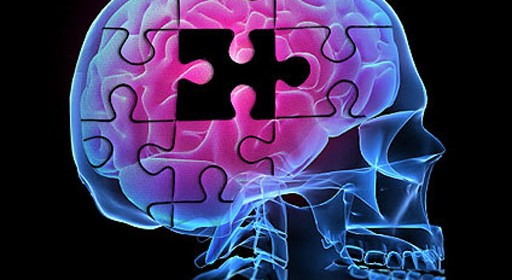The effects of Alzheimer’s on our brain

Brain atrophy may be the cost humans pay for living longer and having more gray matter than other species do. Human brains are three times as big as chimps’ and require much more energy. And unlike chimps, humans far outlive their ability to give birth. Sherwood speculates that our longevity may have evolved in part to allow humans to help raise their children’s children, since big-brained human offspring mature very slowly. But he says a long life also stresses our neurons, which “have the odds really stacked against them after long years of high energy consumption.”
Unfortunately, there is currently no cure for Alzheimer’s disease, and its brain damaging progress can’t be stopped. However, certain treatments, such as behavioral therapy and medication, can help ease the symptoms of the disease.

 Print
Print